Worrying about water is not worrying about… water but worrying about drinking water, water for daily use, water for bathing and washing. Worrying about water here means filling the roof, water jars by lining up to buy water from the oxcart owners who transport fresh water from far away to the village on sunny days; or collecting rainwater on rainy days. Giving water and receiving money is actually… selling water! But… selling water is a serious crime so people avoid calling it… exchanging water. Because this is a dry area, the sun burns your hair all year round, the heavens are merciful and only give a few light rains that are not enough to soften the soil. There are five streams that dry up, exposing their pebbles, and wells with exposed bottoms; villagers have to dig wells in the stream bed to collect each cup of water for people and livestock to sip, holding their breath, squinting to watch the clouds carrying water vapor drift across the sky and then fly away without stopping to deliver drops of rain.
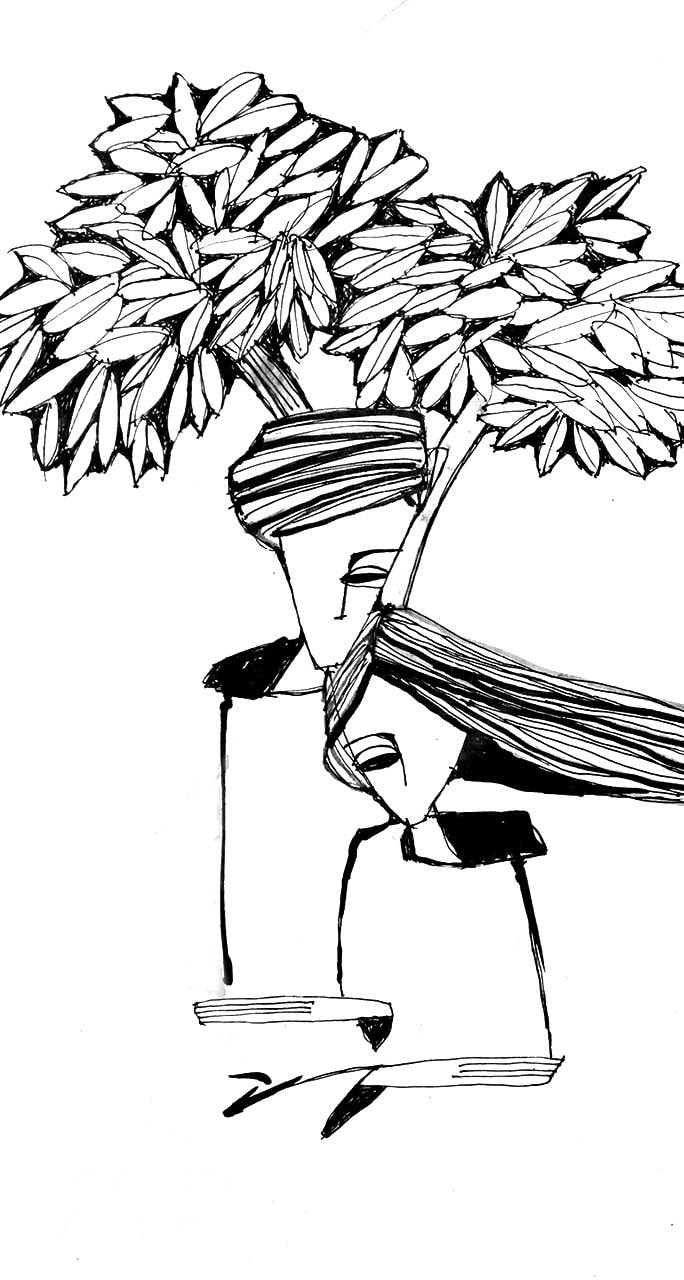
The water source of the Da Lanh River, from dozens of rivers and streams from the mountains and forests, was the only source of water that saved the villagers after the rare rains. He and his charming neighbor were two people assigned by their families to take care of the country, so they had the opportunity and time to be close.
He learned to bark like a dog.
- Bark!.. Bark!... Bark!
The signal was three “woofs” at three in the morning for her to wake up and go with him to wait for the water cart. The two of them carried their buckets for a few kilometers, to the banyan tree at the village market intersection, and placed their buckets in a row. Even though it was early, there were already dozens of buckets being taken up by people who lived around the market or by early arrivals, perhaps they had woken up since midnight.
The sound of the wooden wheels of the one-eyed old man's cart could be heard from afar. Maybe the one-eyed old man's name was not Chot, but because he had lost an eye, the villagers called him that. Not only did the one-eyed old man exchange water, but there were a few others, but they all chose the village market intersection as the place to exchange water. Around three o'clock in the morning, the water carts would arrive one after another, and the first cart was always the one of the one-eyed old man because his fresh water well was closer to the village than the others. It was said to be closer, but it was still dozens of kilometers away from the village, so he must have filled the cart with water after dinner. Each fresh water well was a gold mine. In the dry land of the one-eyed old man, there was an underground stream of water, and one afternoon, sitting in a leaf hut, fanning himself with an areca palm leaf fan, his remaining eye sparkled from the bright sunlight; he suddenly saw a lush green bush in a corner of the field that he had not looked at for a long time while the rest of the land was withered and yellow. He rubbed his eyes repeatedly because he suspected that he was blind and saw a chicken as a bird. Or was he hallucinating like a person walking in the desert and seeing an oasis with lush green grass and fresh water?
Waiting for the sun to hide behind the slope of Ong Gu Mountain so that the sunlight would be milder and harsher, Old One-Eyed carried his hoe and dug into the lush green bushes at the edge of the field. The soil was moist. He scooped up a handful of soil in his palm, then crushed each grain of sand, fondled each grain with his two fingers, pressed his one-eyed eye into his palm, and his nostrils flared to inhale the cool scent of the water. He guessed that there was an underground water source underneath, which was why the bushes here had such a strong vitality while the surrounding land was so hot that not a single weed could grow.
Old One-Eyed opened the Tam Tong Mieu calendar to choose a good day, held a ceremony to worship Tho Dia, sincerely prayed before the rooster with its wings crossed and its head tilted, then made the first hoe stroke to dig a well in the middle of the green bushes at the edge of the field. Old One-Eyed, his son and a young hired man worked hard to dig ten meters deep into the ground and found a geyser. The water source was slightly cloudy but sweet, which the villagers called mussel water, and changed the life of Old One-Eyed, as well as his wife and children. From now on, he was given a new name by the villagers, Old One-Eyed Changing Water. The people were truly profound, the same act of selling goods for money, but selling a house is called selling a house, and selling water is called exchanging water, no one calls it selling water, because those who sell water will be cursed forever.
All morning, he and she had only exchanged two buckets of water, about eighty liters each, enough for the whole family to use sparingly for a day, without having to use the water stored in the milk jug in the kitchen. People can fast, but they cannot go without drinking water.
In December, the Da Lanh River dries up. The whole village welcomes the new spring by rushing to the river to renew blankets, mosquito nets, mats, pillows, clothes and many other household items.
He and she shouldered their laundry and groped their way in the dim light for a kilometer of bumpy village road to the riverbank. The dog's barking was harsh and angry, very different from the barking he made when he called her.
- These dogs bark without any sympathy.
She whispered in his ear. Then continued:
- You… bark more gently.
She graded his barking and giggled. Her warm laughter filled him with affection for the new day. There were already a few people on the riverbank early, and the two of them walked upstream to catch the clean water. When the sun had just released its newborn rays on the water, the whole river was bustling with laughter, the sound of people shaking mosquito nets and blankets into the water, the sound of cleaning utensils…
He and she sat resting on a rocky outcrop by the shore. She dangled her legs in the water, her calves were white. She shyly lowered her pant legs to block his gaze. The infatuated gaze she had caught many times…
* * *
Once upon a time, he and she…
Decades later they became… Mr. and Mrs.
The two of them sat on the planks placed on the porch, looking out at the water tap at the end of the alley. The grandchildren came home from playing soccer, arguing and fighting over where to put their heads under the tap. Cool water splashed on their heads and bare backs. The grandfather placed the tap right at the entrance to the house so that everyone could conveniently wash their hands and feet every time they came home from the fields. After washing, everyone followed the brick path straight into the house, not bringing dirt or dust with them. As for the children, they rushed straight to the tap to bathe after each fight over the soccer ball.
She clicked her tongue.
- Those kids waste water!
He hummed, looking dissatisfied. Upstream of the Da Lanh River, the government had built a large irrigation lake containing tens of thousands of cubic meters of water, providing abundant water for daily life as well as for production for the entire rice and fruit growing area of the people in the downstream area. What was the matter with the children using a few drops of leaked water? Or was she still haunted by the dry seasons when she had to squeeze out buckets of water from the dry stream of her youth?
- Tomorrow morning, let's bring mosquito nets, blankets, mats... to the bank of the Da Lanh River to wash and clean for Tet, okay?
He teased her.
The north wind has blown. December is dry. The sap of the trees is pent up waiting for the spring wind to come and flow out, sprouting new leaves and buds. Unlike the trees, the old couple felt their strength gradually fading, not as strong as a few years ago. Was it because of their old age that they often talked about the past, about the moonlit nights when they carried buckets to wait for the oxcart to change water with the One-Eyed Man; or about carrying loads of things to the banks of the Da Lanh River to purify the house and welcome the new year?
-Has the one-eyed man missed dozens of Tet holidays already?
She asked without waiting for his answer. The question was off-topic because she was lost in thought about the past.
The One-Eyed Man died a few years after the old ox. The ox was no longer able to pull the water cart up the steep slope before it entered the village. One morning, it tried its best, bending its front legs, pushing its hind legs, stretching its whole body, but the cart full of water was too heavy. And it collapsed, its mouth full of white foam.
Old One-Eyed felt very sorry. The cow was very old and weak, he should have let it rest, but he was too busy and that was why this happened. He decided to bury the body of the cow that had brought him so much profit in a corner of the garden. He could not cause it any more pain by cutting its flesh and bones. Every year on the day of the family's grave-breaking ceremony, he added more soil to build a grave for his water-carting cow, as if it were a loved one.
The old cow was gone. The One-Eyed Man was gone. The water cart was abandoned with its two shafts hanging by the mango tree, rotting with time.
One day, a museum officer came to the village to learn about the distant water exchange profession and was guided to the field of the blind old man. The young officer stood on the bank of the irrigation dam, looking at the calm lake surface full of water reflecting the clouds and sky, unable to imagine the hut in the field of the blind old man because the whole area was deep inside the irrigation lake. They came to see him and his wife. The whole past was pieced together by him and his wife for the museum officer to redraw with scattered strokes.
He regretted:
- If only the frame of the water-cart was still there, it would be great! I will propose to my superiors to build an ox-cart with a wooden water tank like the two of you described to display so that young people can imagine a little bit about the water-cart business of the past! Nowadays, the system of pipes and tubes brings water to the kitchen of each house, and when you turn on the tap, there is water to use, so few people remember the water-cart workers like Mr. Chot...
Source: https://baobinhthuan.com.vn/nuoc-127366.html


![[Photo] Determining the pairs in the team semi-finals of the National Table Tennis Championship of Nhan Dan Newspaper](https://vphoto.vietnam.vn/thumb/1200x675/vietnam/resource/IMAGE/2025/5/21/eacbf7ae6a59497e9ae5da8e63d227bf)
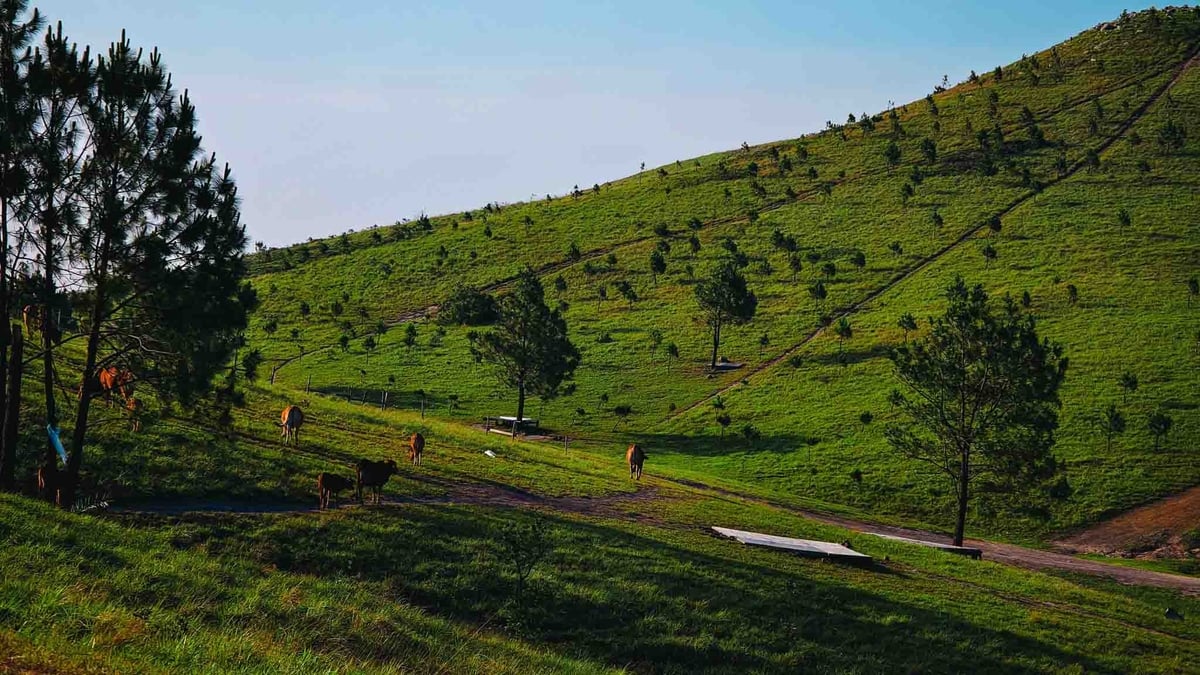

![[Photo] Prime Minister Pham Minh Chinh attends the groundbreaking ceremony of Trump International Hung Yen Project](https://vphoto.vietnam.vn/thumb/1200x675/vietnam/resource/IMAGE/2025/5/21/ca84b87a74da4cddb2992a86966284cf)

![[Photo] General Secretary To Lam works with the Central Inspection Commission](https://vphoto.vietnam.vn/thumb/1200x675/vietnam/resource/IMAGE/2025/5/22/54820e91fd124c4cb691961718c4ee5d)
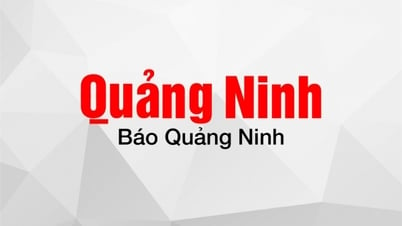

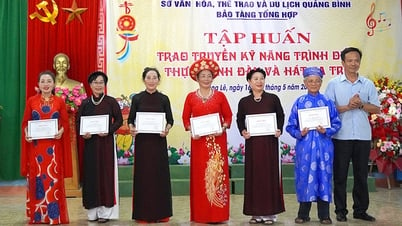



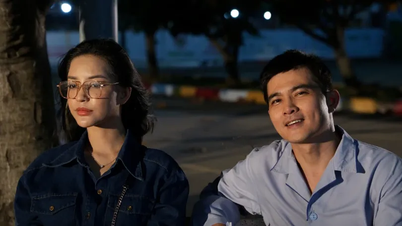

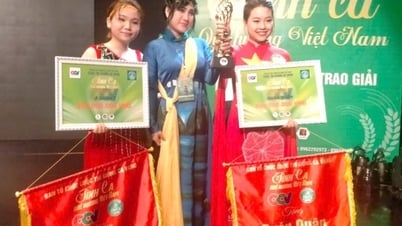
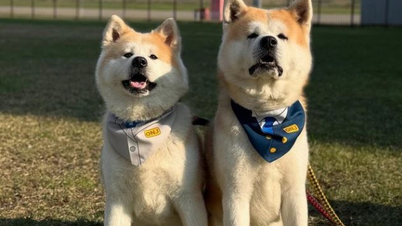





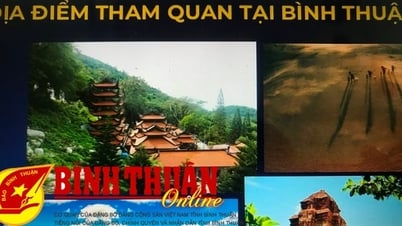

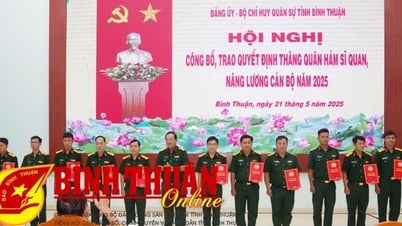
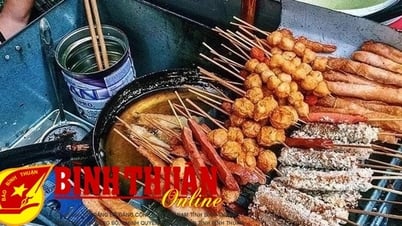
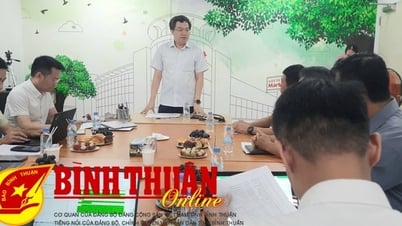
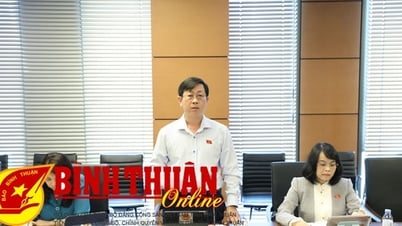
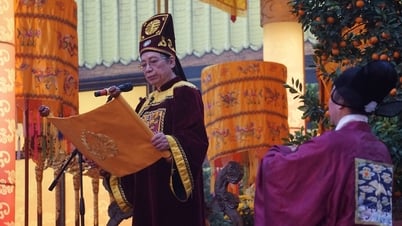






























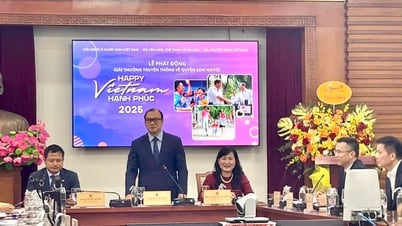




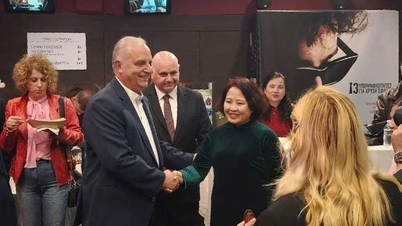

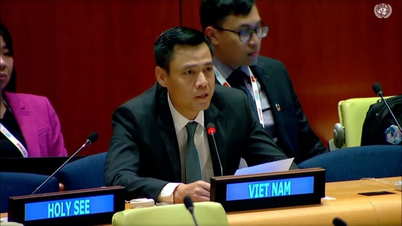


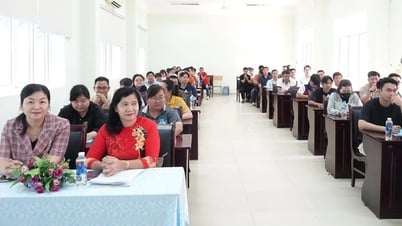
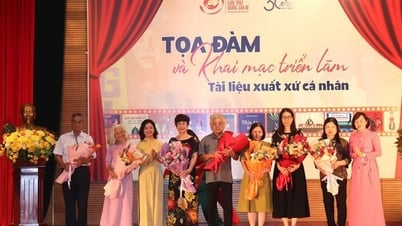
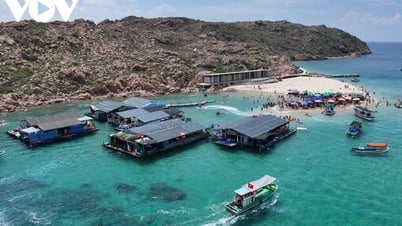
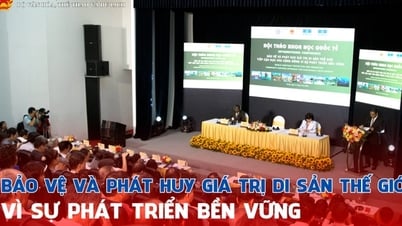
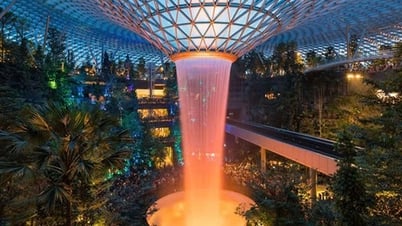



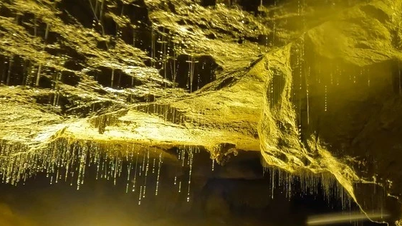


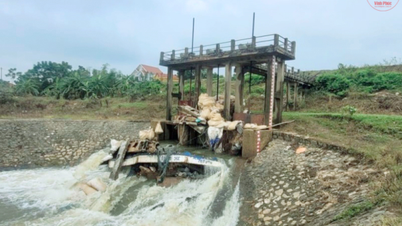


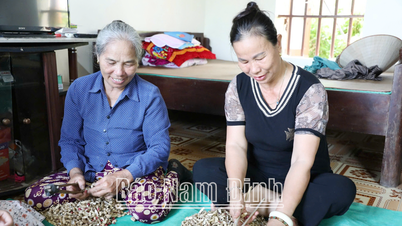

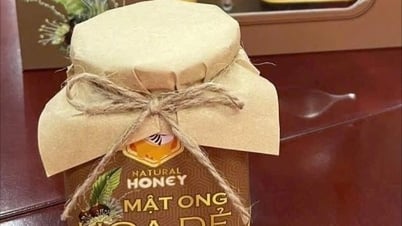







Comment (0)